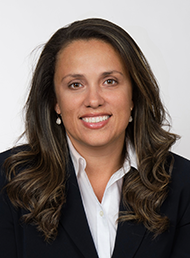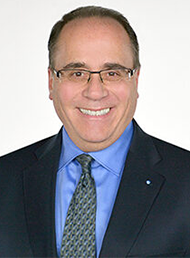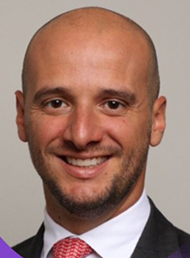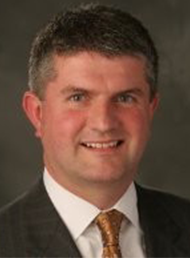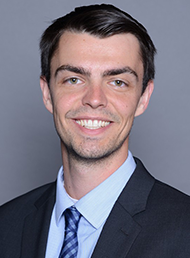Vermont licensed 38 new captives in 2023, making it home to 659 licensed captives, consisting of 632 active captives and 27 which are dormant.
Vermont has already licensed has nine new captives in 2024.
Subscribe to the Captive Intelligence newsletter to receive our FREE twice weekly updates with links to news, analysis and podcasts.
The growth in captive formations in 2023 is among the top ten highest since Vermont licensed its first captive in 1981.
“I am appreciative and grateful for the entire Captive Insurance Division staff, for their consistent great work and dedication to quality regulatory standards, involving licensing, analysis, and examinations, and those who quietly excel in their daily tasks to make the workplace function smoothly,” said Sandy Bigglestone, deputy commissioner of captive insurance.
Of the captives licenced in Vermont in 2023, 24 were pure captives, six were sponsored structures, one was an agency, two were association captives, three were special purpose finance insurers, and two were Risk Retention Groups (RRGs).
Vermont’s 62 sponsored captive insurance companies experienced growth in the number of new protected cells, with more than 30 additions in 2023.
At least seven of Vermont’s new captives in 2023 have international roots coming from Canada, Chile, Germany and the United Kingdom.
“Vermont remains a credible global leader and committed to continuing to lead the industry with innovative, high-quality regulation that meets the needs of captive insurance companies,” said the State’s Governor Phil Scott.
According to Captive Intelligence’s data on the number of captives in each major domicile, at the end of 2022 Vermont had reached number one with 639 active captives at year-end.
In August, Captive Intelligence published a long-lead highlighting that the state is not relaxing after taking top spot, with a focus on “quality over quantity” and a continued drive for talent recruitment, both within the regulator and across the local industry.
